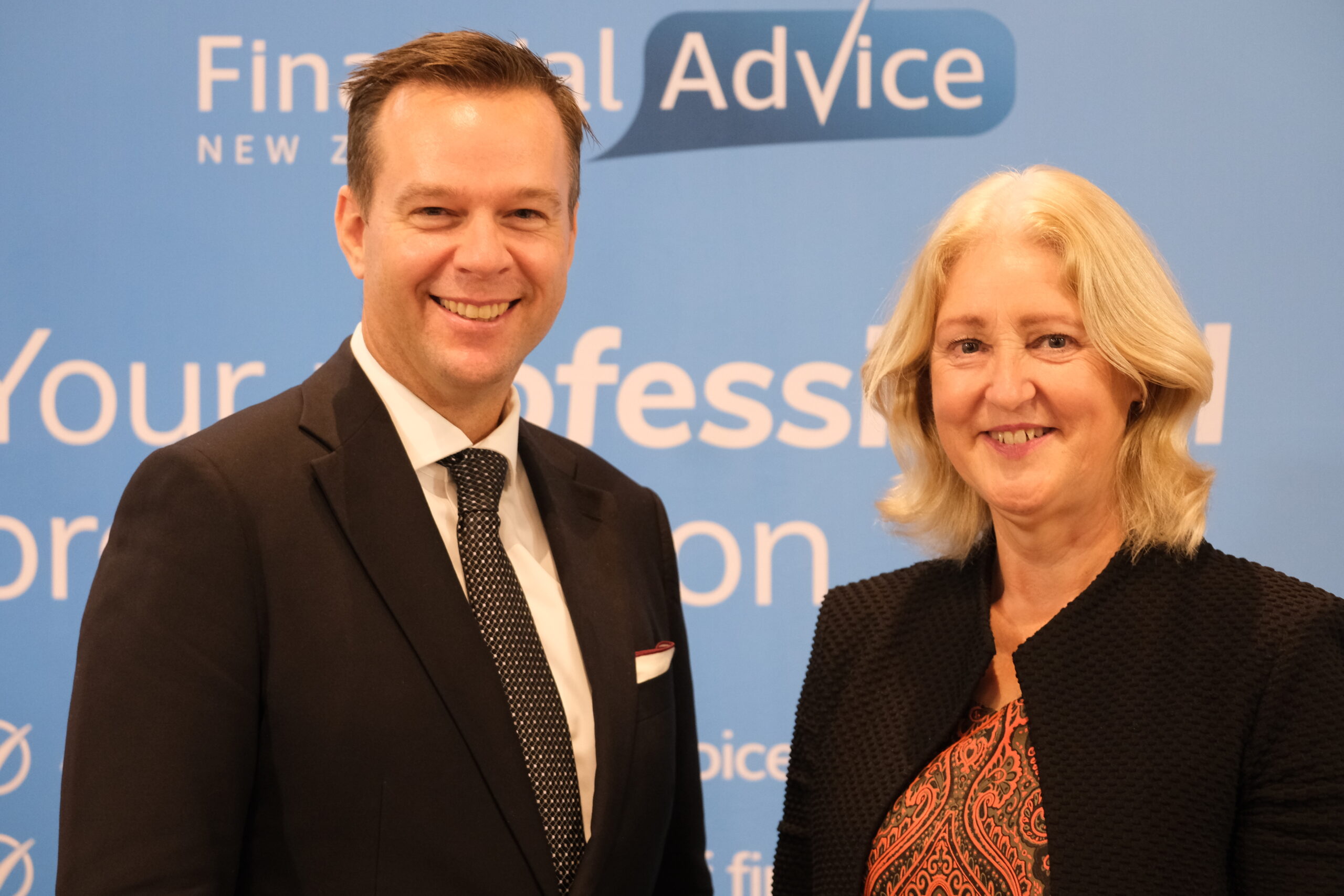Let’s talk insurance – yep, I see a yawn right there.
Let’s talk making sure we don’t have to worry if something unexpected goes wrong because we know we will financially be okay. Yep, that sounds good to me.
Let’s talk going to the doctor, seeing a specialist outside the public waiting lists, or having elective surgery to speed up the process – and being able to do all that because we have a third party who’ll pay for it.
Let’s talk about having a sudden event such as a heart attack or being diagnosed with cancer and having to take time off work and not having an income – but having a third party pay for it.
Let’s talk having a diagnosis that means I won’t survive, and receiving a lump sum or regular payment from a third party before I do.
That protection from a third party who will pay if things go wrong is called insurance, and the companies who put it together provide policies that explain what you’re protected for and when, and in return you pay a premium to ensure you have these protections. The premiums are pooled, so it’s a bit like the team of 5 million – all payers of insurance are in this together.
New Zealanders are significantly underinsured. A recent report by the Reserve Bank shows New Zealand is 27th out of the 34 OECD countries when it comes to life insurance penetration.
So why are we uninsured? Insurance is something we may never use so why buy it? And our ACC system and public health system on the whole is pretty good.
The Reserve Bank says our relatively low coverage of death and disability risks may be because of a low proportion of insurance-linked savings products and peoples’ reliance on ACC cover to lessen some risks.
Personal Insurances do give you peace of mind that you and your family will be financially okay if the unexpected does happen.
Insurances can be complex and hard to navigate, so here’s the simple version of what the key ones are:
Life insurance: They are probably the most common because banks like giving you this as part of a mortgage. For that reason it’s the most understood and used. And it’s simple – if you die, the policy is paid out. There are some exceptions, but in the main that’s it.
Health insurance: This is simple, too. You pick a level of health cover you’re comfortable with, and if an event occurs then you can claim. For example, you could be covered for 80% of the cost of your GP visits, 80% of stated surgeries etc. But there is often a large number of exclusions and conditions, so you must read the fine print carefully.
Trauma or critical Illness cover: These policies pay you a lump sum if you’re diagnosed with one of the illnesses or injuries listed on the policy, such as a serious cancer, heart disease, paralysis, etc. And that’s just diagnosis. Even if you’re cured, you get to keep the money.
Disability income or income protection cover: This pays a percentage of your income if you need to claim because you’re ill or injured and unable to work. I know of people who continue to receive their agreed level of income several years after a disability, including one who is still receiving monthly income support payments 10 years after not being able to work due to severe depression. But take care with definitions – they’re important.
Total and permanent disability cover, or TPD: This is a lump sum payable after 3 or 6 months if you are totally and permanently disabled and unlikely to ever return to work or duties. There are two types – Any Occupation and Own Occupation. As with income protection cover, care is required around policy definitions.
The question to ask yourself is what personal protection would you like if something unexpected went wrong in your life? How would you, your family, or perhaps your business manage in the short and long term without your income?
There’s no right or wrong answer to this – the only wrong answer is to not think about the question.
I do know that as our lives move on, our requirements change, and they will be different for everyone.
I look at my own experience. My father developed a long-term degenerative illness which meant he had to stop work in his 50s, and that made me think about my peace of mind. So, I have protections in place should such an event happen in my family. Others may determine this isn’t a risk for them or have the same importance, and that’s fine, too.
Many people reduce their life insurances as they get older because they no longer have dependent children or mortgages.
The language of insurance is not simple and the definitions in all policies are fundamentally important, so if the unexpected does happen then you can claim. If navigating the policies and definitions is more time consuming and complex than you need, and it’s putting you off moving forward, then it’s a good idea to get some professional advice from a financial adviser.
The most important thing is to consider your insurances and review them on a regular basis – maybe not quite as often as changing your handbag, but they’re definitely not a lock-and-leave purchase.
[ends]








